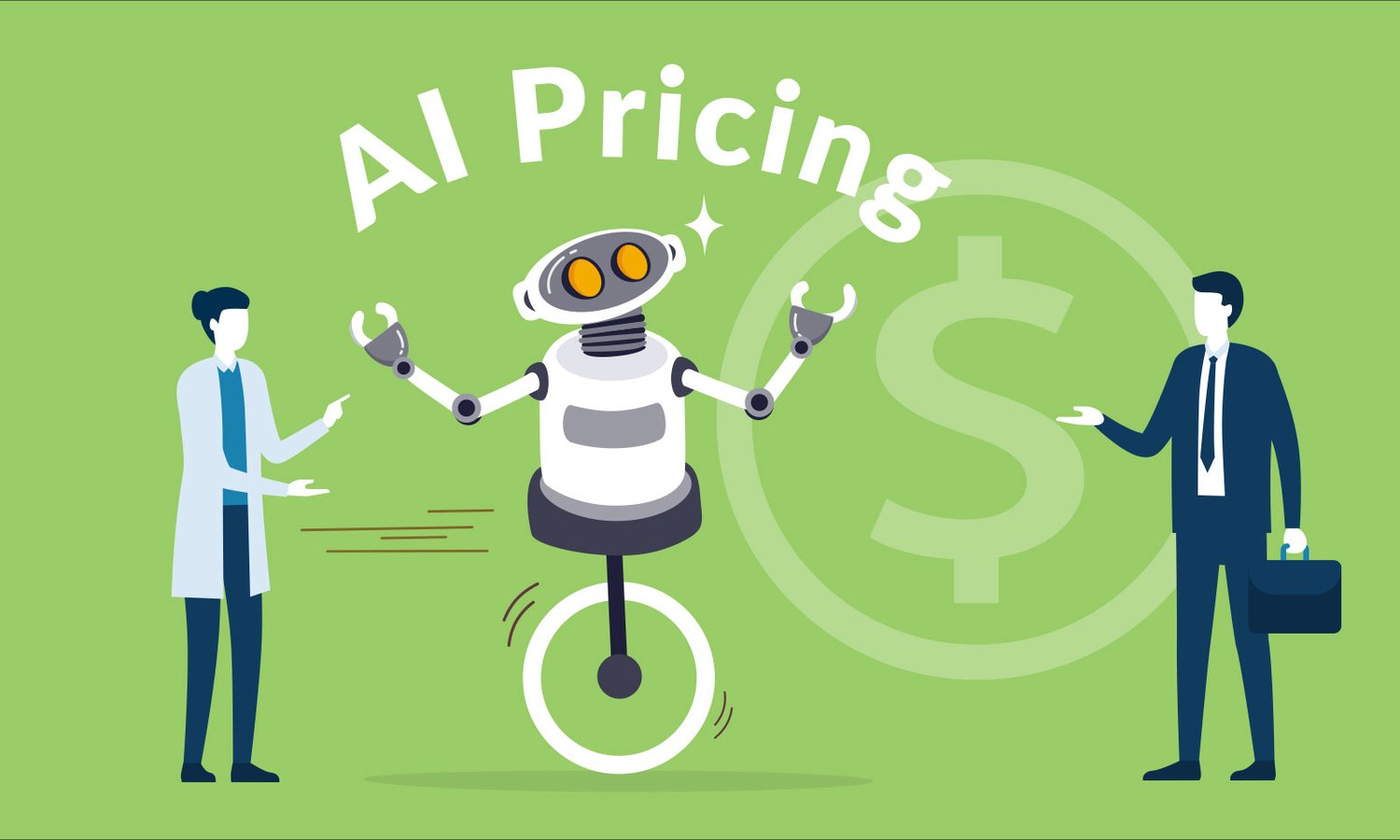
Corporate Surveillance How Advanced Software Is Quietly Shaping the Future of AI and Work In the modern corporate landscape, advanced software has become an integral part of monitoring and managing employees. While these tools promise increased productivity and efficiency, there’s a growing concern among experts that this extensive data collection may serve as a stepping stone towards training artificial intelligence (AI) to replace human roles in the workforce. It’s a phenomenon that’s unfolding beneath the surface, as AI silently learns from our everyday tasks and interactions at work.
This article will delve into the intricate web of corporate surveillance, AI development, and the potential implications for the future of work.
1. The Rise of Corporate Surveillance: We’ll begin by examining the widespread adoption of advanced software for employee monitoring. What types of data are corporations collecting, and how are they using it to streamline operations?
2. AI’s Learning Curve: As AI technologies continue to evolve, we’ll explore how these systems are silently learning from employee behavior and the vast amounts of data generated within organizations. From email communications to task completion patterns, AI is absorbing insights from our daily work routines.
3. The Fear of Job Displacement: Experts have voiced concerns about the unintended consequences of AI’s growing knowledge base. We’ll discuss the apprehension surrounding AI’s potential to replace human roles in the workforce, fueled by the data it accumulates through corporate surveillance.
4. Ethical Considerations: The ethical implications of AI-driven surveillance cannot be ignored. We’ll examine the ethical dilemmas associated with employee monitoring, data privacy, and the responsible use of AI in the workplace.
5. Balancing Productivity and Privacy: Striking a balance between productivity enhancement and safeguarding individual privacy is crucial. We’ll explore the challenges that organizations face in achieving this equilibrium.
6. The Future of Work: Looking ahead, we’ll consider various scenarios for the future of work in a world where AI has access to an ever-expanding repository of data about human job roles and tasks. How might this impact job markets, employee autonomy, and job security?
7. Transparency and Accountability: Finally, we’ll discuss the importance of transparency and accountability in corporate surveillance practices and AI development. What measures can be taken to ensure that AI is used responsibly and ethically in the workplace?
As corporations continue to harness the power of advanced software to monitor their employees, the silent march of AI into the realm of human work becomes increasingly apparent. This article aims to shed light on the intricate relationship between corporate surveillance and AI, prompting readers to consider the broader implications for the future of work and the ethical considerations that must accompany these advancements.

